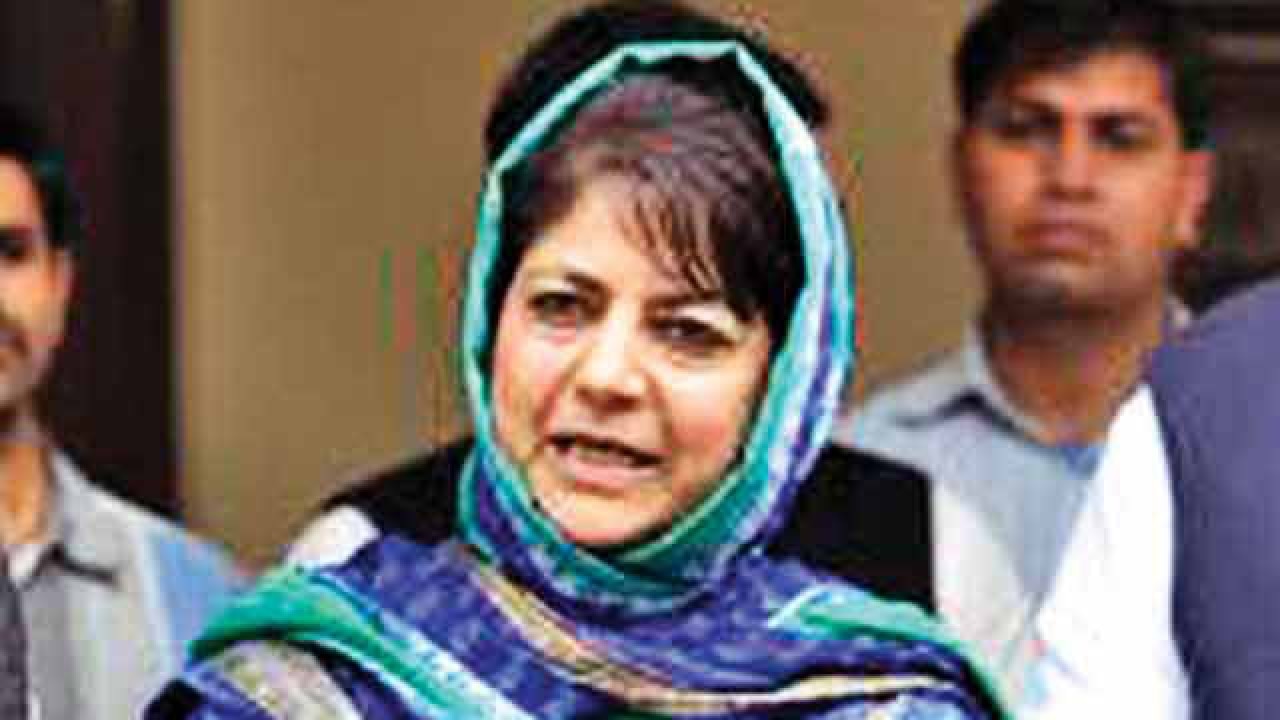
It has been a rude start for Jammu and Kashmir Chief Minister Mehbooba Mufti. Immediately after her electoral win in Anantnag — eyebrows were raised that there was only 32 per cent polling — two J&K policemen were killed, and on Saturday eight Central Reserve Police Force (CRPF) men were shot dead in an ambush. The Lashkar-e-Taiba (LeT) had claimed responsibility for it. The punctuated terror attacks in the state push the government into a difficult situation. It cannot go into an aggressive response mode after every such attack, neither can it be passive and treat is as a routine affair. Each attack has to be taken seriously and given the highest importance in terms of responding to it. Retaliation is only one of the options. While terror attacks have to be dealt with by the central security forces, the state government and its police are not mere bystanders. They are forced to be on high alert as well, in terms of ratcheting up the security measures. More importantly, it is the state government which has to look at the ramifications of such attacks on the people at large, on civil society. The terrorist activity then poses challenges on two fronts.
It might appear that central forces should be left to deal with the terrorists, and that state authorities should focus on issues of development and good governance. But that would be a negative and unimaginative division of labour. The terror attacks impact the morale of the people and the state government. It then becomes an imperative for the Mehbooba government to deal with the fallout of terrorism. Of course, in nine instances out of 10, terrorists target central security forces. It is believed that the civilian population is not affected by this, and that this is a battle between the terrorists and the armed forces. This has led to the suspicion that the ordinary people are sympathising either with the terrorists or the military, and some of the time both the terrorists and the military harass the ordinary people.
There is need for closer coordination between the state government and the central security forces. It is the local authorities who can connect with the people and it is they who should be communicating the message that terrorists are a hurdle in developmental work. The military can outflank and outgun the terrorists but that will not be sufficient. Government has to deliver on the promise of development to the people. The tussle between the central and J&K governments has been one over economic packages. There is the usual quotient of each side wanting to take credit for what it has done. The Centre wants to say that it has provided enough development and financial assistance to J&K, and the government in Srinagar retorts that the Centre has not kept its promises.
It appears that the terrorists have a field day because of this friction between state and central governments, and the two governments are weakened by their internal differences and they are not in a position to mount a determined response to the terrorists. The Centre should identify itself with the state government, and the two should try and speak the same language. The Peoples Democratic Party (PDP) of Mehbooba Mufti would not want to be seen as being one with the Bharatiya Janata Party (BJP)-led National Democratic Alliance (NDA). In its bid to maintain its distinct identity, Mufti and her PDP colleagues will want to speak in a slightly confrontational tone. The BJP, on its part, especially the J&K unit of the party, finds it necessary to adopt a hostile approach. These attitudes are unhelpful in dealing with the situation in J&K.